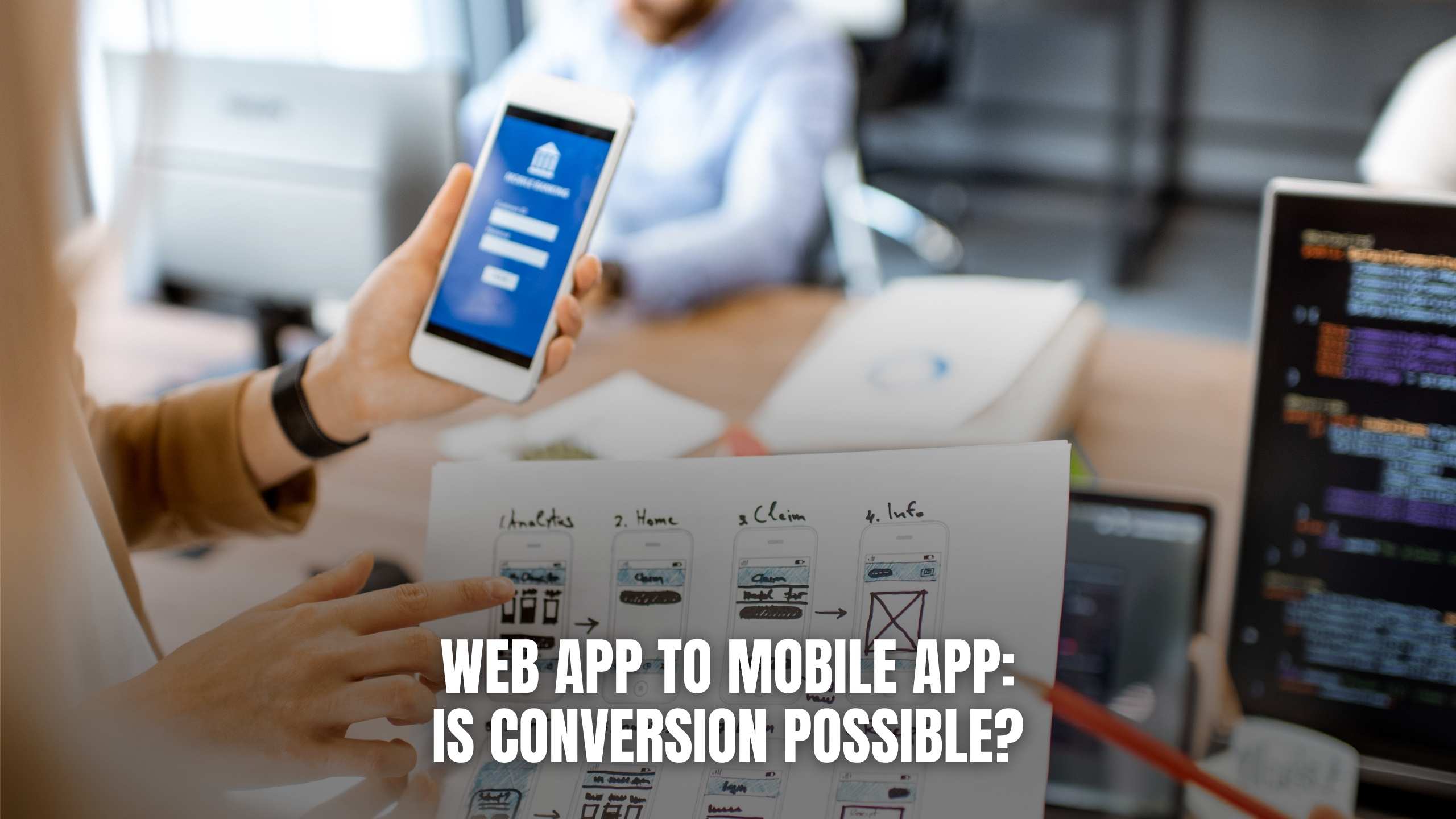Web App to Mobile App: Is Conversion Possible?
- WebOps Platforms Bug Tracking & Feedback Software Web Development & Design


Web App to Mobile App: Is Conversion Possible?
In the ever-evolving digital landscape, businesses often ponder the possibility of converting their web applications into mobile apps. This blog dives into the intricacies of this conversion journey, exploring the feasibility, challenges, and potential solutions to transform a web app seamlessly into a mobile application.
1. Understanding the Dynamics of Web-to-Mobile Conversion
Converting a web app into a mobile app involves a nuanced understanding of the differences in user experience, navigation, and device capabilities. While both platforms share common functionalities, adapting the user interface and optimizing performance for mobile devices are critical considerations. Platforms like React Native and Flutter have gained prominence for simplifying this conversion process, allowing developers to use a single codebase for both web and mobile.
2. Navigating UI/UX Challenges for Mobile Optimization
Mobile apps demand a user interface and experience tailored to the constraints and advantages of smaller screens. Effective navigation, touch-friendly controls, and responsive design are paramount. Tools like Xamarin and PhoneGap assist in overcoming these challenges by providing frameworks that facilitate the creation of mobile-friendly interfaces while leveraging existing web app code.
3. Leveraging Cross-Platform Development for Efficiency
Efficiency in the conversion process often hinges on the adoption of cross-platform development frameworks. Ionic and Apache Cordova are noteworthy examples, streamlining the development of mobile apps by allowing developers to use web technologies (HTML, CSS, and JavaScript). This approach minimizes the need for re-coding and accelerates the transition from web to mobile.
4. Ensuring Performance Optimization for Mobile Devices
Mobile apps demand optimal performance to provide a smooth user experience. Appgyver, known for its rapid development capabilities, ensures that the converted mobile app maintains high performance. Its visual development environment empowers businesses to swiftly adapt their web app to the unique performance requirements of mobile platforms.
5. Adapting Features for Mobile Functionality
Successful conversion also requires a careful evaluation and adaptation of features to align with mobile functionality. OutSystems offers a low-code platform that aids in this process, providing businesses with the tools to efficiently modify and enhance features for seamless integration into mobile apps.
Relevant SaaS Products:
- React Native: Simplify web-to-mobile conversion with React Native’s single codebase approach, ensuring a streamlined development process for both platforms.
- Flutter: Achieve a cohesive web-to-mobile experience by utilizing Flutter’s capabilities in creating visually appealing cross-platform apps.
- Xamarin: Overcome UI/UX challenges with Xamarin, enabling developers to build native mobile apps using C# while sharing code with web applications.
- Ionic: Streamline cross-platform development with Ionic, allowing developers to use web technologies for creating mobile apps with optimal user interfaces.
- Appgyver: Ensure rapid development and performance optimization during the conversion process with Appgyver’s visual environment.
Conclusion
In conclusion, converting a web app to a mobile app is not only possible but can be efficient and seamless with the right tools and frameworks. To explore and manage an extensive SaaS stack efficiently, consider utilizing Subscribed.fyi.
Convert with Confidence using Subscribed.fyi!
Unlock exclusive deals on essential SaaS tools for web-to-mobile conversion. Sign up for free at Subscribed.fyi Deals to access savings on top-notch SaaS products. Streamline your conversion process, enhance your app’s functionality, and stay ahead in the competitive digital landscape with Subscribed.fyi.
Relevant Links:








